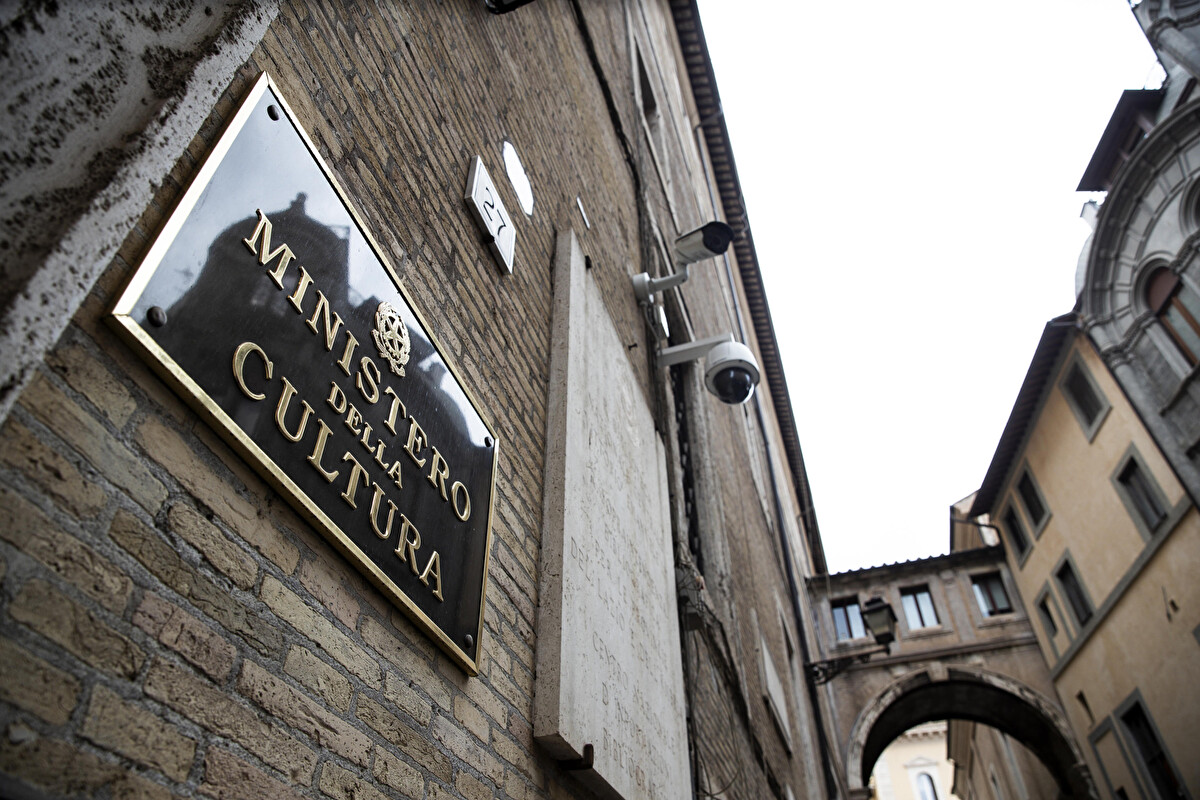An imaginary director, a film that was never released, and €863,000 in public funds obtained through an application that, on paper, was perfectly in order. The case of Stelle della notte, tied to the fictional identity of Rexal Ford — a.k.a. Francis Kaufmann, arrested in Greece and charged with the double homicide of his partner and child in Rome — has turned the spotlight on a vulnerable point in the Italian state apparatus: the tax incentive system for film production.
Two layers of the story converge. On one hand, a surreal fraud perpetrated by a man who secured public money for a movie that never existed. On the other, the existence of a legal framework that made it possible. Until recently, Italy’s tax credit for cinema allowed substantial fiscal benefits even to foreign productions that never filmed a single scene in the country. There was no obligation to submit footage, no requirement for substantive verification. A synopsis, a cost estimate, and an Italian production partner were often enough to unlock state-backed funding.
The Stelle della notte (Stars of the Night) case illustrates the loophole. The Italian company Coevolutions srl of Marco Perrotti submitted a formally flawless application, and the Ministry’s Directorate General for Cinema confirmed that the documentation was “in order.” According to ministry sources, the Culture Ministry has reached out to the producer for clarification, but has yet to receive a response.

That, precisely, is the issue. Introduced in 2008 and restructured in 2016, the so-called Franceschini Law was designed to attract foreign capital and support the national film industry. Over time, however, the law evolved through a patchwork of legislative measures, implementing decrees, and ministerial circulars. This layered system has led, in more than a few cases, to interpretative ambiguities and a wide margin of discretionary power in the approval process.
Auditors tasked with certifying production costs operate within strict accounting parameters. They are required to verify the formal consistency of documentation, but are not obligated to confirm whether a film was actually shot, or whether the project aligns with what was declared creatively or logistically.
Italy’s Minister of Culture, Alessandro Giuli, has spoken of “shock and anger” over a system that, over time, has allowed for negligence and legal gray zones. But the Kaufmann affair didn’t uncover a hidden anomaly — it turned a long-discussed structural distortion into a criminal headline.
The tax credit system is now undergoing reform. Yet the problem is no longer just legislative. It’s cultural and systemic, because an industry built on fiction must now confront the hard truth.












